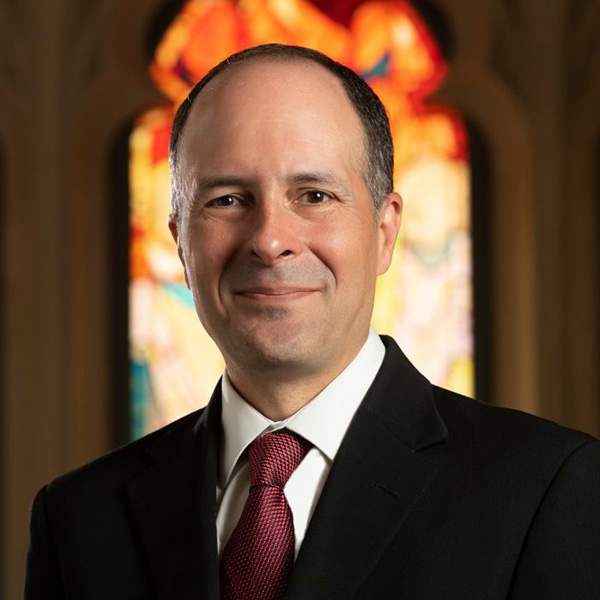After weeks of staying home, many of us are eager for these times to end -- the end of carefully accounting for the distance between our bodies, the end of closed businesses and congregations, the end of illness and suffering. We want it to be over.
Yet the phased loosening of stay-at-home orders makes the novel coronavirus no less deadly and its impact on our social and economic well-being no less devastating. Jobs will not suddenly return or become safe again; loneliness will not quickly evaporate; racism against people of Asian descent will not magically end. And the lives lost will remain lost.
Our collective trauma lives on. “Over” is at best a misstatement and at worst a privileged denial of COVID-19’s devastation on our neighbors’ lives.
Even on the far-off day when we will grocery shop with ease and host large groups without concern, the trauma and grief, for many, will not be “over.”
After Jesus’ crucifixion and resurrection, the disciples could taste the longed-for end to their persecution and oppression.
Would the kingdom now be restored? What was all of this for if not to end the suffering? Didn’t the resurrection of Jesus settle it? How could anyone now deny his divinity? Could this mean that the fight against the powerful Roman occupiers and the Jewish religious leaders was finally over?
Before his ascension, Jesus instructed the disciples not to leave Jerusalem -- to wait there for the promise of the Father. They had questions, which Jesus answered -- but in evasive, unsettling ways: they wouldn’t get the certainty they longed for, but they would receive the Holy Spirit.
So after Jesus left, the disciples hunkered down; they stayed and they prayed.
It’s hard not to see our own experience with staying in place alongside that of the disciples. We aren’t getting the certainty we long for either. Scripture, prayer and faithful practices don’t lead us to answers about viruses, personal protection and economic instability. Much like the disciples, we find ourselves isolated, uncertain and afraid.
It is here that the Spirit meets us. Unhindered by closed doors in Jerusalem or a pandemic-induced lockdown, the Spirit of Pentecost moves through the walls of our homes and hearts to remind us that we are not alone.
When Peter rose to speak to the Pentecost crowd, he did not declare a victory over uncertainty or persecution. Nor did he brush past the traumatic crucifixion and death of Jesus. Rather, he pointed to David’s messianic prophecy:
I saw the Lord always before me,
for he is at my right hand so that I will not be shaken;
therefore my heart was glad, and my tongue rejoiced;
moreover my flesh will live in hope.
For you will not abandon my soul to Hades,
or let your Holy One experience corruption.
You have made known to me the ways of life;
you will make me full of gladness with your presence. (Acts 2:25-28 NRSV)
Peter is clear that it is Jesus who triumphs over Hades -- who does not leave us, who does not let us be shaken, who brings us hope and gladness.
This Jesus knows our fears and uncertainties. This Jesus knows our communities’ corruption and our complacencies.This Jesus knows the traumas we’ve faced and will continue to face. And this Jesus, God raised up.
In Peter’s Pentecost speech and the response from the people, I encounter a Jesus who does not expect us to return to who we were before the pandemic or any other critical life experience.
I find a Jesus who meets us as we are, weary and disfigured from the trauma and suffering, and invites us to be transfigured by his presence and the presence of his followers.
I see a Jesus who beckons us to seek our own healing and to participate in the healing of our communities. I meet a community of Jesus’ followers who are seeking mutual well-being and holistic care for one another.
As we continue to be mired in the vast uncertainty and chaos of the pandemic, the story of Pentecost and the beginnings of the church reminds us that we can resist the urge to wipe away our suffering. We can endure the ambiguities of an interminable pandemic and its lasting hardships because we are not alone.
We have permission to return to the grief and anger, because it has a place in the story of Jesus and his followers -- in our story. And we can find comfort in the presence of the Holy Spirit, who cannot be hindered and who is always with us.














